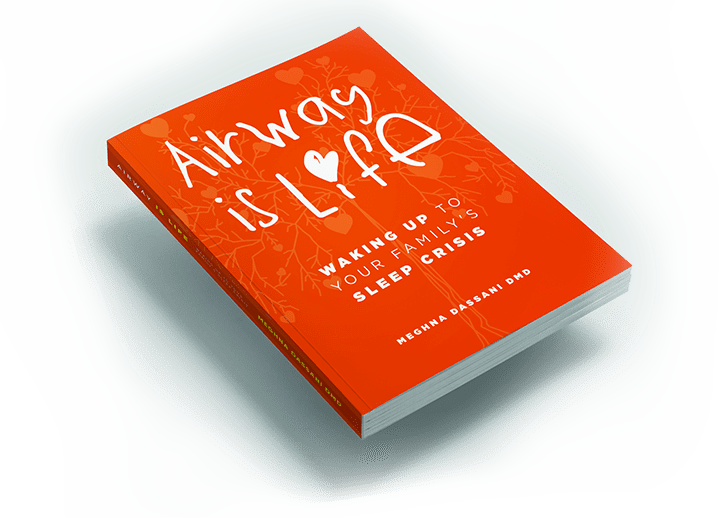Let’s talk about the link between poor sleep and glaucoma
Getting a good night’s sleep often takes a back seat to people’s busy schedules and to-do lists. However, research shows that the consequences of neglecting sleep go beyond feeling tired the next day.
Poor sleep is associated with a range of health problems. And now, your eye health may also be at risk. One eye condition that could be linked to inadequate sleep is glaucoma, a serious eye disease that can lead to blindness if left untreated.
The importance of good sleep for good health
Before diving into the relationship between poor sleep and glaucoma, let’s highlight the importance of good sleep in general. Sleep isn’t just a period of rest. It’s a necessary physiological process that allows the body to repair itself.
During sleep, various functions take place. These functions include…
- Immune system strengthening
- Memory consolidation
- Tissue repair
Poor sleep has been linked to chronic conditions, such as obesity, diabetes, cardiovascular disease, and mental health disorders, such as anxiety and depression.
What is glaucoma?
Glaucoma is a group of eye diseases that damage the optic nerve, often due to increased pressure within the eye. This damage can lead to gradual vision loss and, if left untreated, eventual, irreversible blindness.
Glaucoma is the leading cause of blindness in the world. And by 2040, researchers estimate that glaucoma will affect 112 million people.
The exact causes of glaucoma are not fully understood. But factors such as age, genetics, and intraocular pressure play significant roles. Glaucoma is commonly associated with aging. However, studies suggest a potential link between poor sleep patterns and an increased risk of developing glaucoma.
Let’s talk about the sleep-glaucoma connection
Research exploring the connection between sleep and glaucoma is still in its early stages, but studies indicate a possible correlation. Sleep apnea, a condition characterized by interrupted breathing during sleep, has been shown to increase the risk of glaucoma. This could be caused by fluctuating oxygen levels during sleep apnea episodes, which can lead to decreased blood flow to the optic nerve and contribute to its damage.
Moreover, poor sleep quality, insufficient sleep duration, and disrupted circadian rhythms could impact overall eye health. The eyes are complex organs that rely on a steady supply of oxygen and nutrients. Disrupted sleep patterns may compromise the eyes’ ability to receive these essential resources. And this could lead to cellular damage and contribute to the development of glaucoma.
How to protect your eye health
More research is needed to establish a definitive link between poor sleep and glaucoma. But taking steps to ensure good sleep hygiene is always beneficial for your health, including your eye health.
Here are some tips to consider:
Establish a consistent sleep schedule – Go to bed and wake up at the same time each day to regulate your body’s internal clock.
Create a restful sleep environment – Make sure your bedroom is conducive to sleep. This includes having a comfortable mattress, proper ventilation, and minimal noise and light. All these factors make a significant difference.
Limit your screen time before bed – The blue light emitted by screens can interfere with your body’s production of melatonin, a sleep-regulating hormone. Avoid screens at least an hour before bedtime.
Engage in relaxation techniques – Practice relaxation methods like meditation, deep breathing, or gentle yoga before bed. These techniques can help calm your mind and prepare your body for sleep.
Stay active – Regular physical activity can promote better sleep. However, avoid intense exercise close to bedtime, as it might energize you and make it harder to fall asleep.
Consult a healthcare professional – If you suspect you might have sleep apnea or consistently struggle with sleep, you should talk to a healthcare professional for guidance and treatment options.
The relationship between poor sleep and glaucoma deserves further investigation. While researchers work to establish a definitive link, the importance of prioritizing sleep for overall health cannot be overstated.
Adequate, restful sleep is essential for every aspect of your well-being, including your eye health. By adopting healthy sleep habits, you can reduce the risk of not only glaucoma but also a range of other health issues, ensuring a brighter and clearer future for your eyes and body.
Dr. Meghna Dassani has practiced dentistry for over two decades and is passionate about the role dentists play in whole-body health. You can learn more at her website: MeghnaDassani.com.
Healthy Sleep Revolution Podcast
Snoring? Tired all day? Trouble focusing?
So many think these symptoms are common in kids and adults when tired. Join us as we debunk some of these common myths and put the spotlight on Sleep Apnea. Discover what constitutes healthy sleep and how we can help ourselves and our kids get the best sleep ever.


